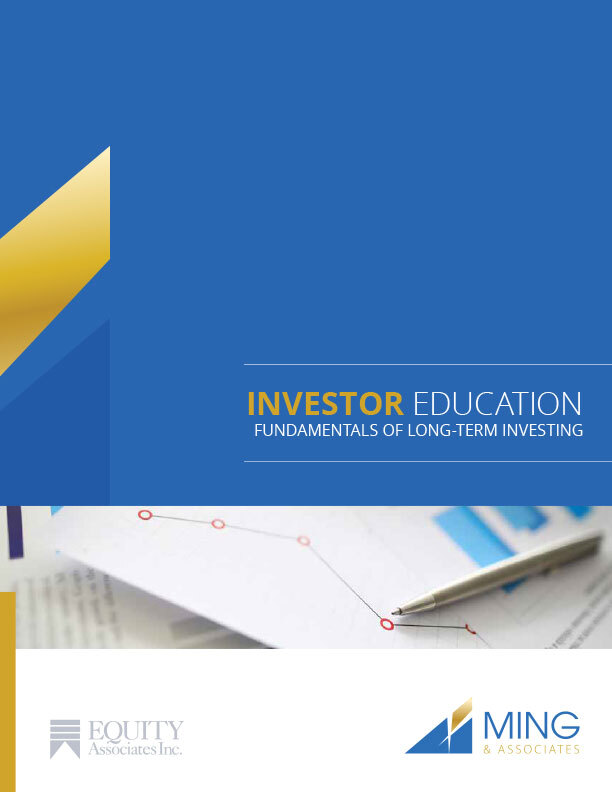- Don’t try to predict the future.
- Greece was strong.
- Russia was bankrupt.
- Oil cost $13 a barrel.
- AOL dominated the Internet.
- Smart economists thought the government would pay off the national debt by 2009.
- Apple (Nasdaq: AAPL ) was a joke.
- General Motors (NYSE: GM ) was at an all-time high.
- Mark Zuckerberg was in middle school.
- Y2K was a major worry.
- Fortune named Enron one of America’s “most admired corporations.”
- Saving can be more important than investing.
- Tune out the majority of news.
- Emotional intelligence is more important than classroom intelligence.
- Find someone you can talk to about your money.
- Most financial problems are caused by debt.
- Forget about past performance.
A little more than a decade ago:
The coming decade will be filled with just as many shifts. Learning to deal with them is more important than being able to predict them. Because no one — no one — will be able to predict them all.
You can make a lifetime of smart, savvy investment moves, but if you haven’t saved enough to begin with, you’re not going to hit your goals. As the saying goes, “Save a little bit of money each month, and at the end of the year, you’ll be surprised at how little you still have.”
Too many people spend too much time stressing over whether they have the right investments or seeking ways to push returns a little higher. Many would be better off if they devoted that energy to figuring out how to save more money. This is particularly true for young investors.
A 24-hour news cycle is built for people who can’t see more than 24 hours ahead. That’s why a long, slow, but very important rise in domestic energy production is rarely mentioned, but when the Dow falls 20 points, it is MUST-READ BREAKING NEWS.
Most people’s relationship with daily business news should be either (A) nonexistent — ignore it all — or (B) something that incrementally helps you understand how the world works but rarely compels you into action.
Atlantic writer Derek Thompson recently wrote:
I’ve written hundreds of articles about the economy in the last two years. But I think I can reduce those thousands of words to one sentence. Things got better, slowly.
That’s all you needed to know. The rest was noise.
Take two investors. One is an MIT rocket scientist and can recite pi out to 50 decimal places. He borrows to invest and trades several times a week, tapping his intellect in an attempt to outsmart the market by jumping in and out when he’s determined it’s right.
The other is a country bumpkin who didn’t attend college. He saves and invests every month in a steady global value fund come hell or high water. He doesn’t care about beating the market. Who’s going to do better in the long run? I’d bet on the latter all day long.
“Investing is not a game where the guy with the 160 IQ beats the guy with a 130 IQ,” Warren Buffett says. Successful investors are those who know their limitations, keep their heads cool, and act with discipline. You can’t measure that.
Investing isn’t easy. It can get emotional. It can make you angry, nervous, scared, excited, and confused. Most of the time you make a decision under the fog of these emotions, you’ll do something regrettable.
So talk to someone before making a big money move. A trusted friend. A fellow investor. Better yet an experienced advisor. Just discuss what you’re doing with someone. At times you may get advice you don’t agree with and can ignore. More often than not, you’ll get perspective that will help shape your thinking.
I have met people who earned several hundred thousand dollars yet struggle to save for their future and will probably need to work well into their 70s. I know others who never earned more than $50,000 a year but have retired comfortably on their own terms.
The only substantive difference between the two is that one exploited debt to live beyond their means while the other avoided it and accepted a realistic standard of living. Income and wealth aren’t as correlated as people think.
Whether it’s a stock or mutual fund, one of the worst (but most common) ways to size up an investment’s potential is by looking at past returns.
A stock that’s gone up a lot in recent years doesn’t say anything about where it might go over the next few years. In fact, investments that have done exceptionally well in the recent past should be a red flag, as they have a higher likelihood of being overhyped and overvalued. A proper investment strategy looks at the merits of an investment looking forward and how it fits into your plans for the future.
